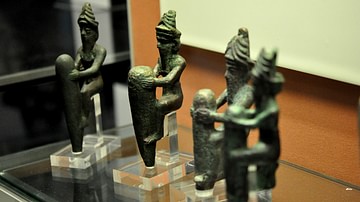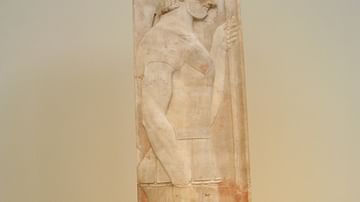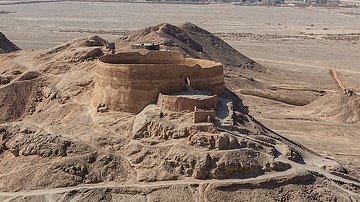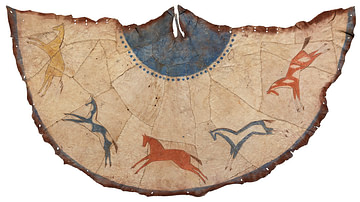Belief in an afterlife was common in the ancient world, as it is today, and each culture created its own unique vision of the land that existed beyond the grave. Even with their differences, there are many similarities, including a concept of judgment for the deeds done in life and how well one had lived.
The following collection presents a brief survey of some of these beliefs. Many aspects of the ancient systems will be familiar, and some of the topics below – the Cheyenne afterlife, ghosts in ancient China, and The Tibetan Book of the Dead – address living belief systems in the present day.











